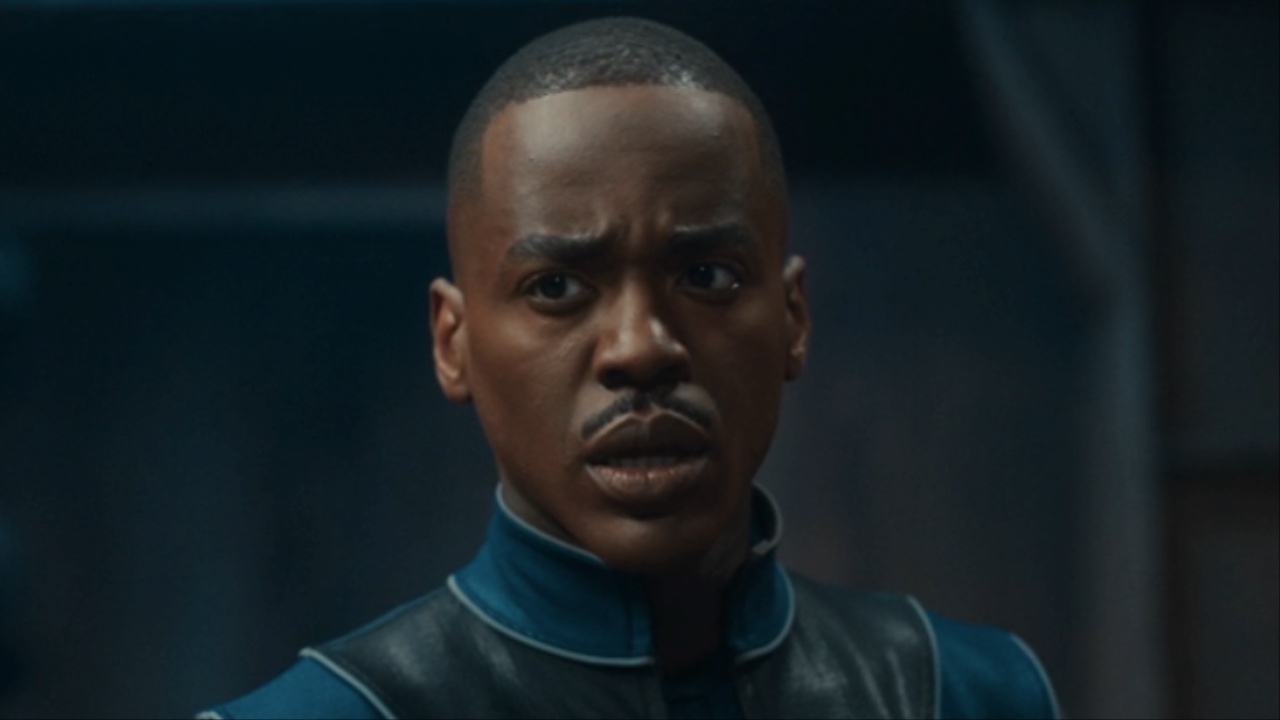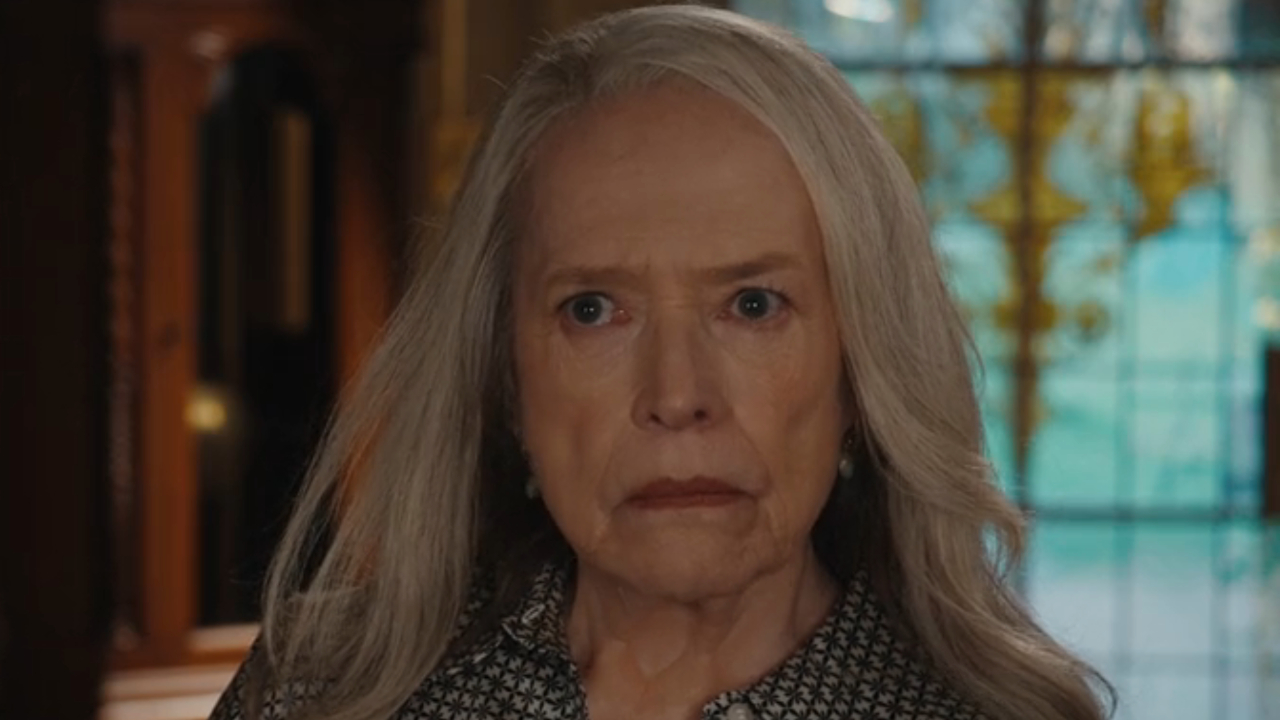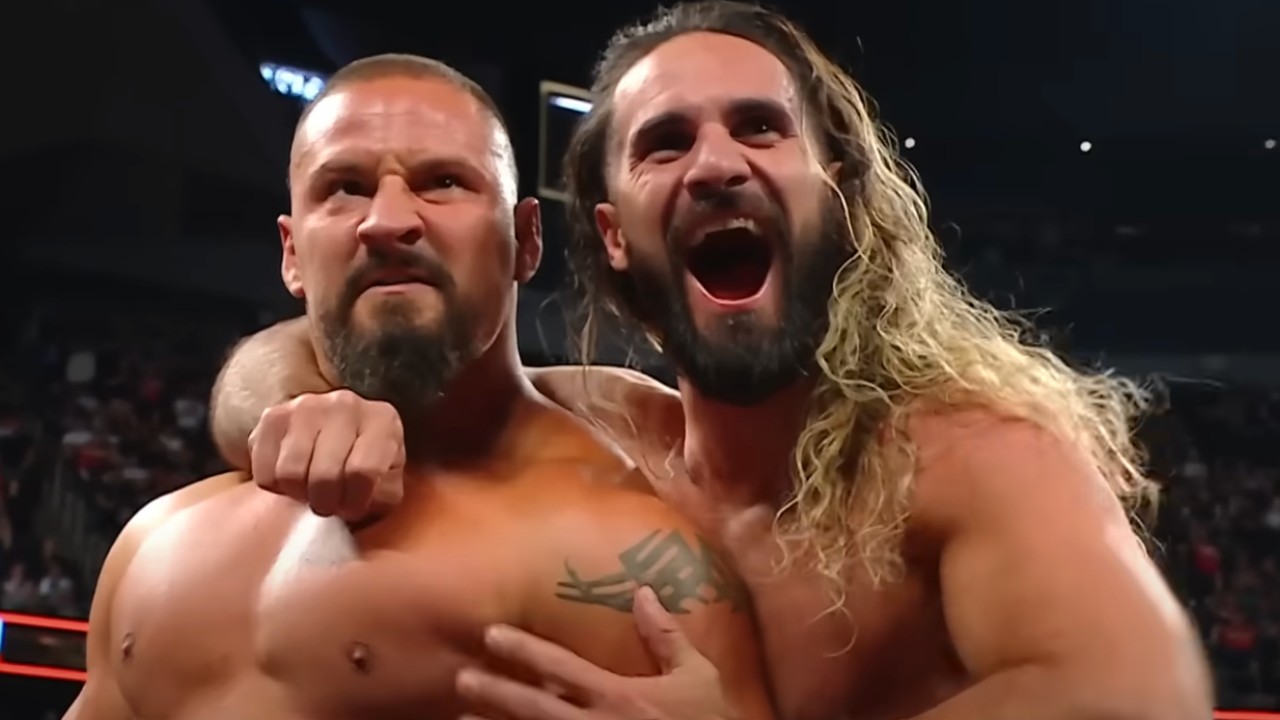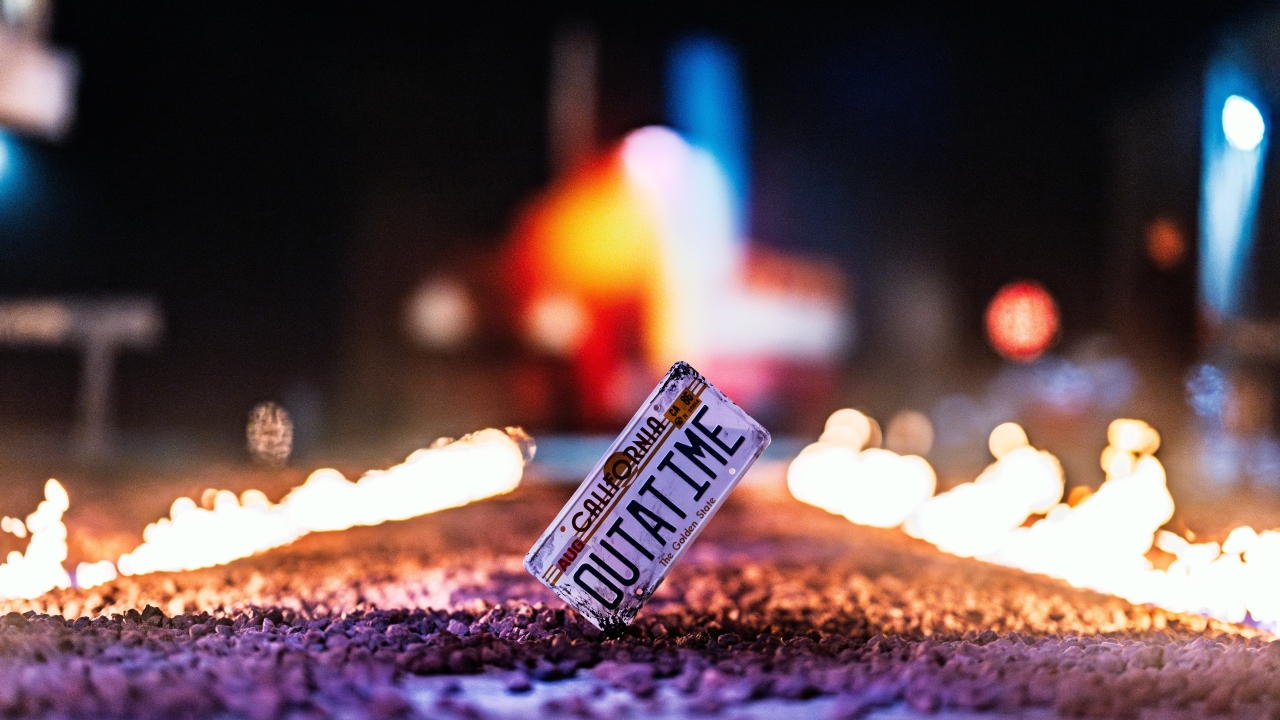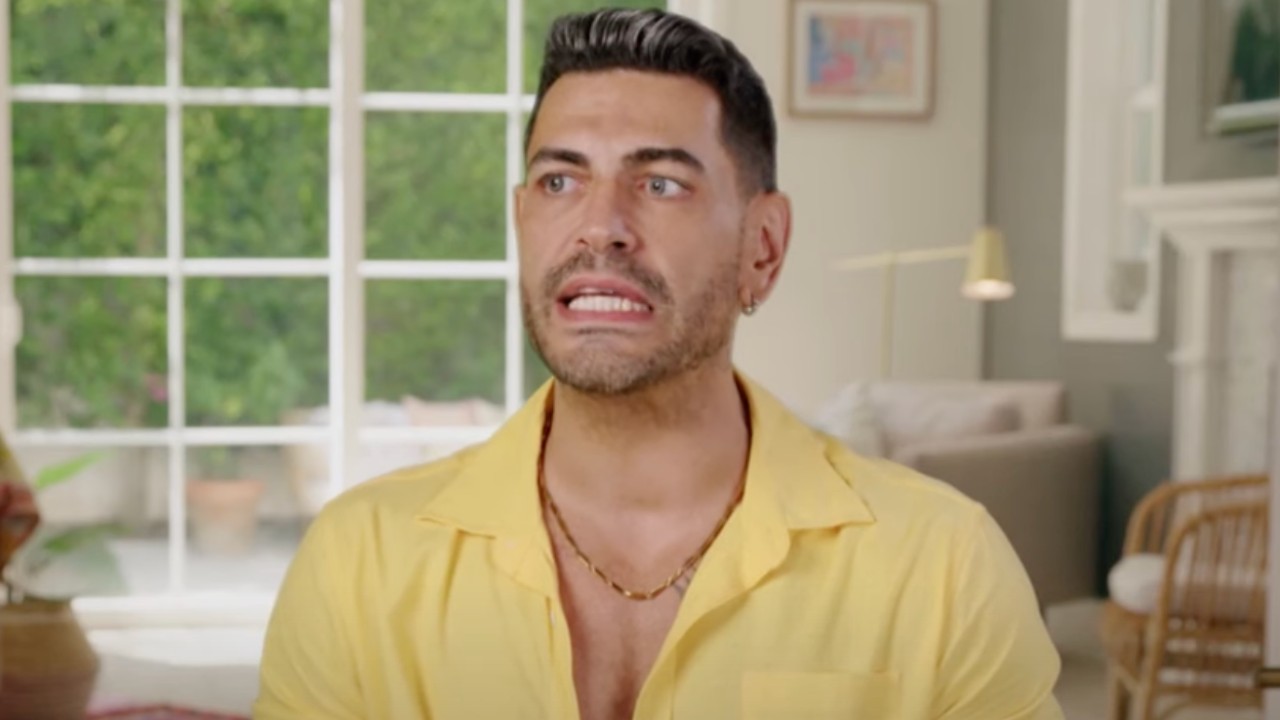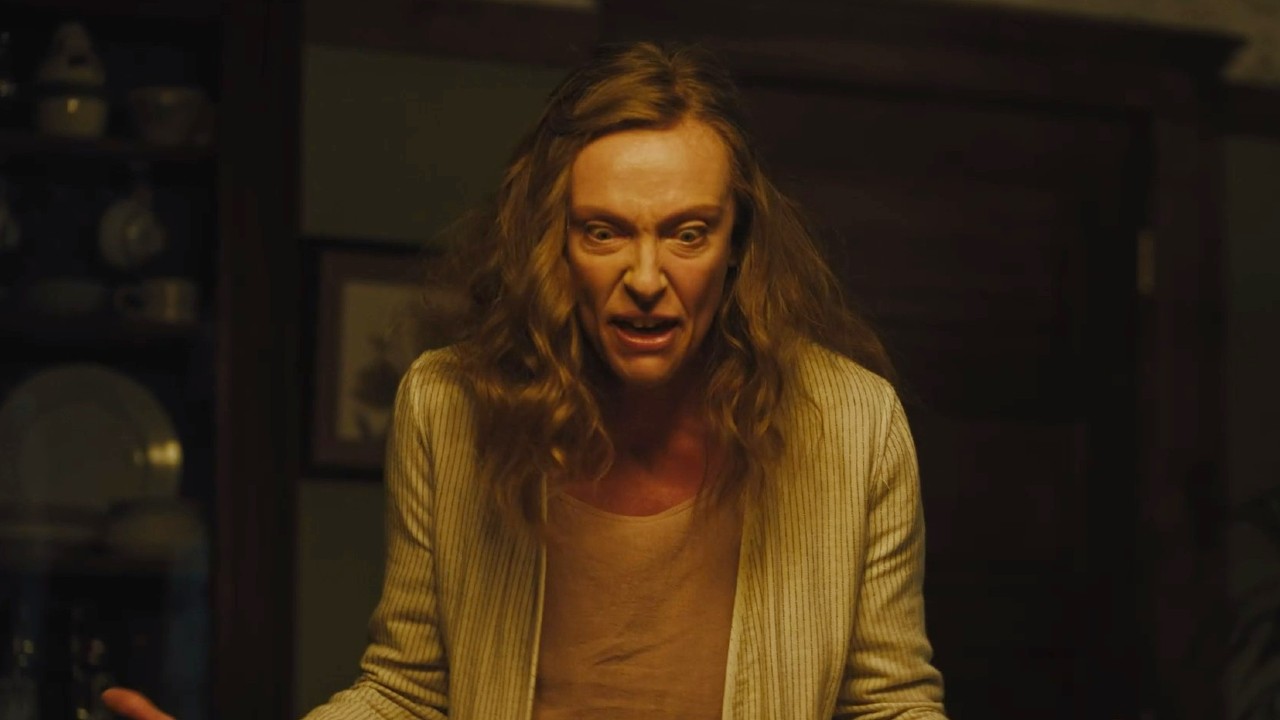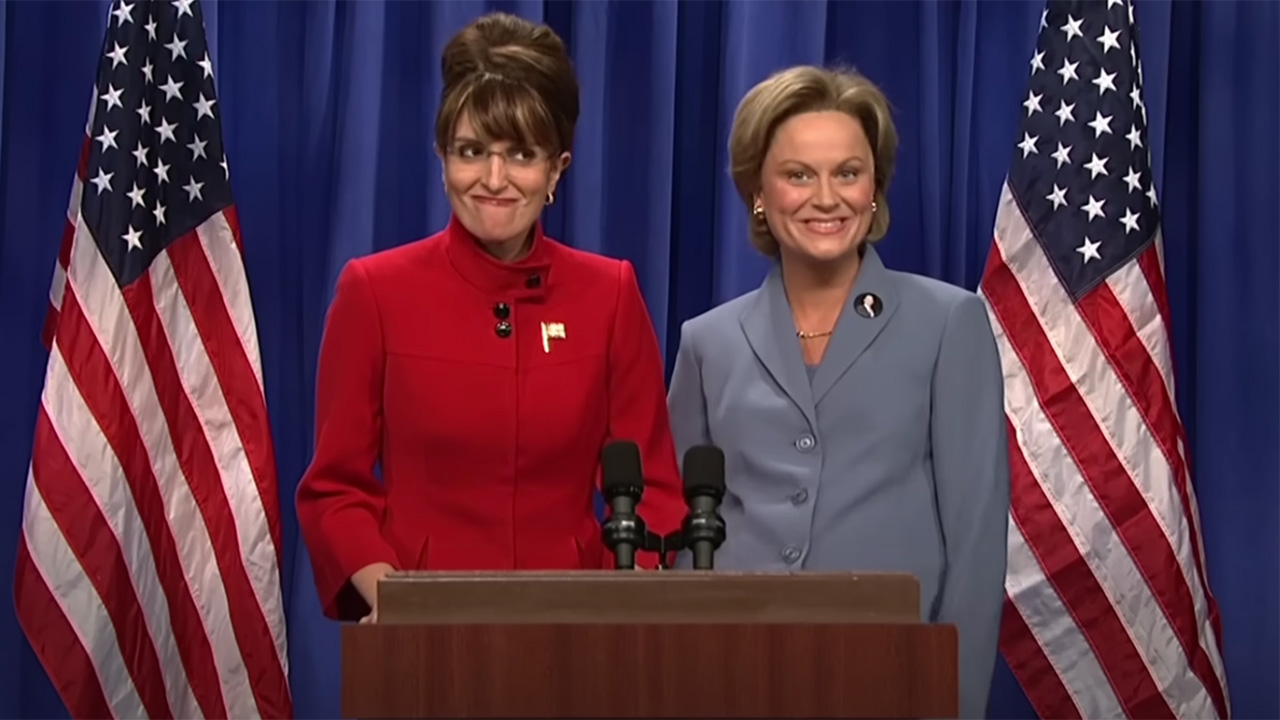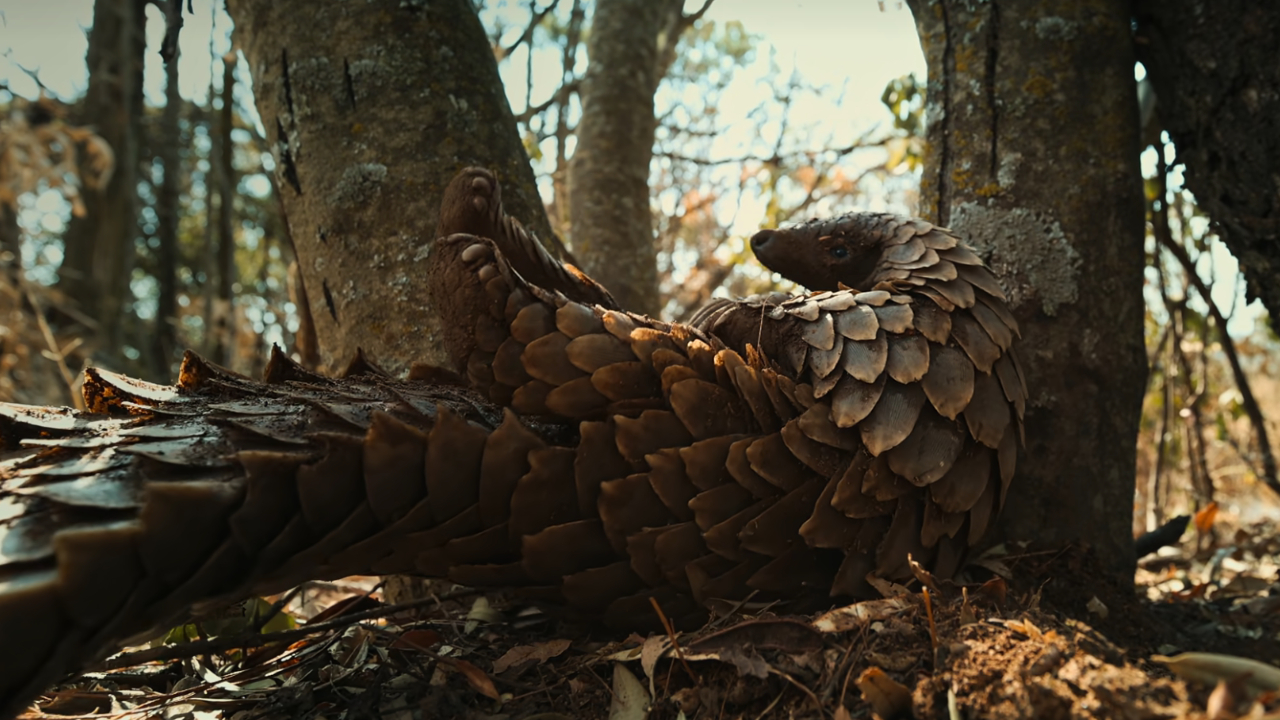Why Vampires? I Just Watched Sinners And There Are 3 Big Reasons Ryan Coogler Needed To Tell The Horror Story This Way
I can't picture any other movie monster working quite as well.
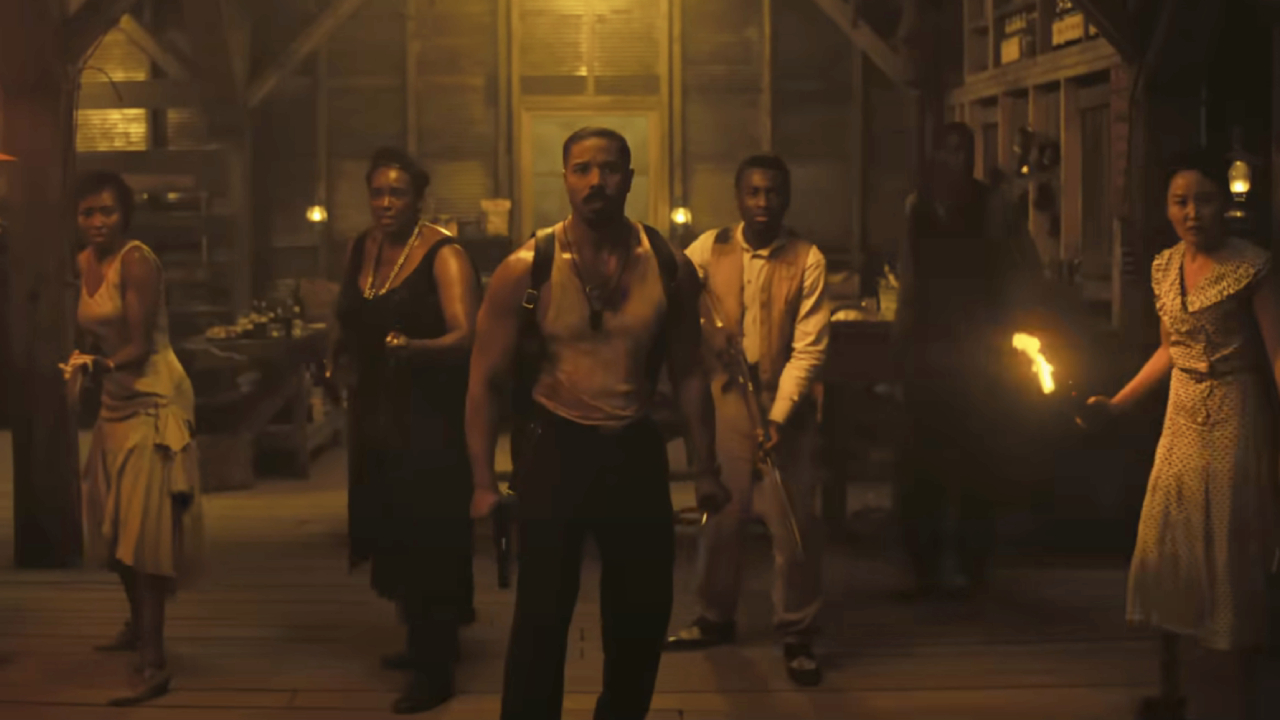
Warning: SPOILERS for Sinners are ahead!
Not many movies on the 2025 movie release schedule felt as much like a cultural event as Ryan Coogler's Sinners. I was already pumped for this new horror movie, and after seeing it, I was blown away. Just to clear the air, the Fruitvale Station filmmaker didn’t add vampires to Sinners just to make the poster look cool, though admittedly, it did make for a great poster.
The blood-suckers in Sinners hold their own against some of the best from vampire movies. They’re stylish, brutal, and sometimes even a bit seductive. The film has plenty of blood, gore, stakes and even some voodoo rituals. But what Coogler does with the genre goes way deeper than just the surface, which is why it’s been such a hit, as you'll read in our own Sinners review! This isn’t just another Southern Gothic horror flick with fangs; it’s about the heavy stuff we carry through generations. It dives into the sins handed down, unhealed wounds, and that tempting pull to stay stuck in survival mode.
So why vampires? The answer is clear: the Creed director needed them. Because there’s no better metaphor for the themes he’s exploring. Here are three big reasons why this horror story had to be told with bloodsuckers.
Vampirism Is The Perfect Symbol For Cycles You Can’t Escape
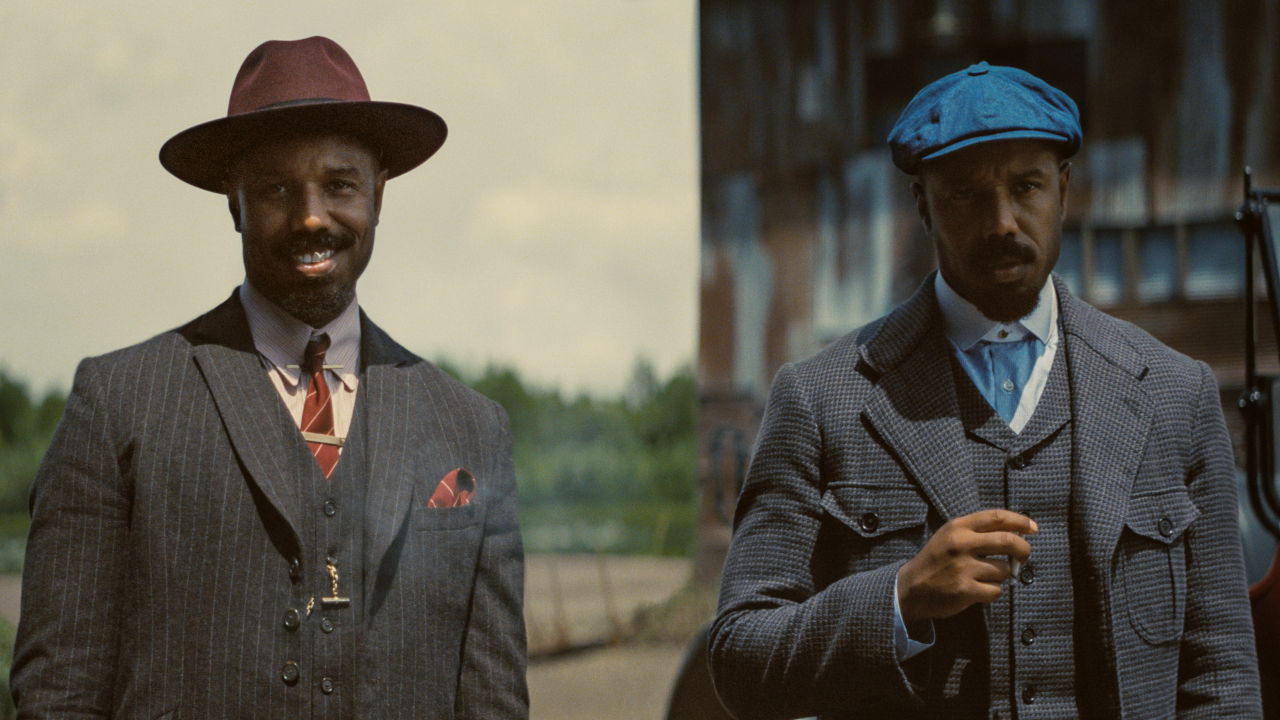
One of the most unsettling truths in Sinners is how easy it would be to just… give in.
The film’s twin protagonists, Smoke and Stack (Michael B. Jordan in dual roles, played with brilliant nuance), are returned war veterans navigating a Jim Crow-era Deep South teetering on supernatural collapse. What’s worse than the overt racism, violence and systemic rot? The temptation to stay stuck in it, to become part of it.
That’s what these fanged demons of cinema offer.
CINEMABLEND NEWSLETTER
Your Daily Blend of Entertainment News
They promise safety, power, and permanence. No more running. No more fighting. No more struggling to overcome the hand you were dealt. But in Sinners, that "gift" is also a trap. Accepting vampirism means surrendering to your circumstances, your anger, your trauma, your bloodline, and letting it define you forever.
This is where the Black Panther: Wakanda Forever director truly flexes his thematic muscles. These aren’t just some of the scariest horror movie monsters lurking in the woods. They’re the embodiment of emotional and spiritual paralysis. They’re what happens when generational pain festers and calcifies into something immortal. They offer a twisted kind of comfort: eternal life without having to change. There's no growth, no redemption and no forward motion.
Sound familiar? It’s the same struggle people face when generational trauma isn’t addressed. The past becomes the present, becomes the future, becomes forever. And like vampirism, it’s seductive because it’s easier than facing the hard work it requires to heal.
Vampires as Representation of Fear of Becoming What You Hate
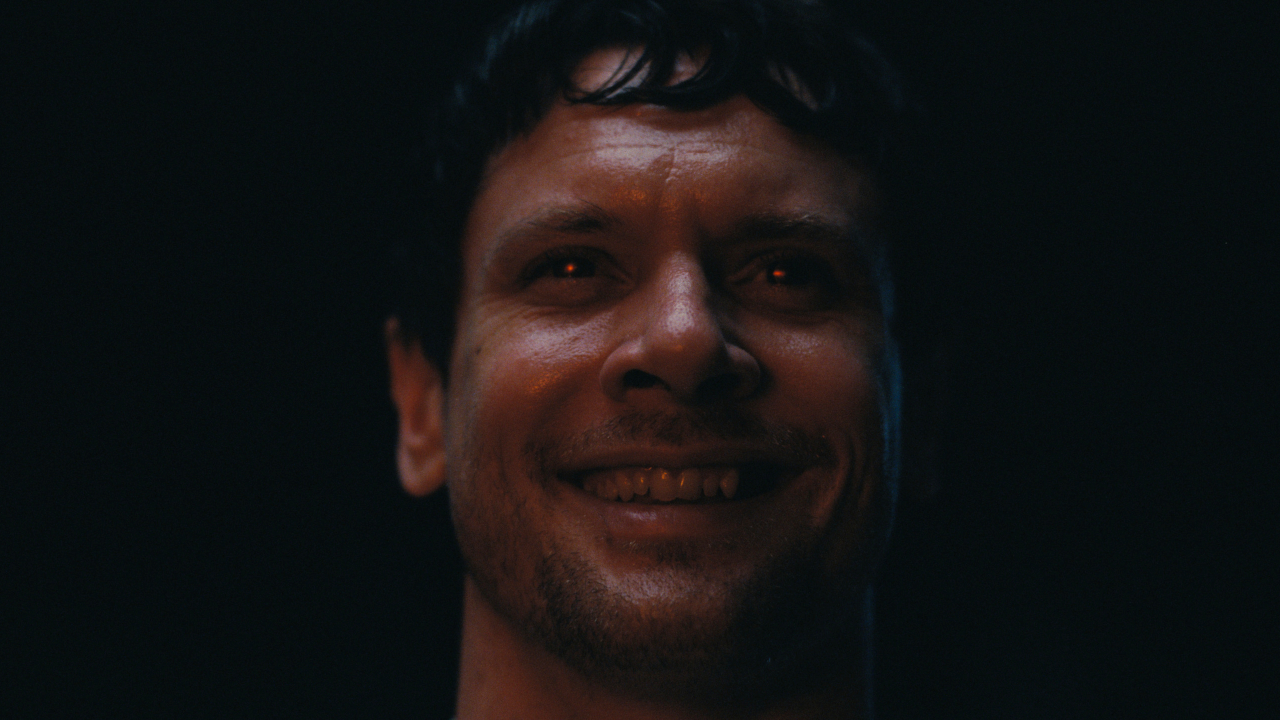
There’s a quiet moment in Sinners that might slip under the radar amid all the best horror movie blood, fangs and Southern Gothic spectacle, but it cuts deeper than any on-screen kill. Smoke, the more serious and emotionally guarded of the twin brothers, reflects on the man who raised them. “Our daddy was an evil man,” he says. “And he passed that evil down to us.”
It’s a chilling line, and in many ways, Smoke believes it. He and his brother, Stack, have done terrible things, not necessarily always out of malice, but out of necessity, survival and the rules of a broken world. That’s what makes Sinners so haunting. It’s not just a horror film about monsters lurking in the dark. It’s about two men terrified that the real monster might already be inside them.
Smoke and Stack aren’t just battling vampires or Jim Crow-era violence. They’re confronting a more personal horror: the legacy of their father, a man defined by cruelty and control. Smoke killed him to protect Stack, hoping to end the cycle. But Sinners makes it painfully clear that some wounds don’t heal just because the source is gone.
One of the most heartbreaking revelations comes early, when we learn that Smoke and his wife lost a child before the events of the film. That loss looms over everything. In every decision, every glance, we feel Smoke’s desire not just to be a protector, but to prove he can be the kind of father his own never was. His grief is quiet, but relentless, and it fuels the central fear of the film: what if he’s already too far gone?
That’s what makes Coogler’s vision so powerful. The children of the night in Sinners aren’t just an external threat, they're symbols of generational rot, inherited trauma and the ease with which violence can become normalized. To become a vampire in this world isn’t just to gain power or immortality. It’s to give up on growth. It’s to embrace your damage and pass it along, unchanged.
But Coogler refuses to paint his characters as heroes or villains. Smoke and Stack aren’t evil. They’re human. They love, joke and grieve. They break down in private, wrestle with shame, and cling to each other in the face of despair. Sinners doesn’t let them off the hook, but it doesn’t judge them either. It sits in the discomfort of what it means to carry pain you didn’t choose and still be responsible for how it lives inside you.
That’s the genius of Ryan Coogler's approach. He’s not telling a vampire story for the thrills. He’s using the genre as a mirror; a way to reflect how trauma echoes through generations, and how hard it is to step out of the shadow of your upbringing. The real fear isn’t the bite, it’s the idea that who you are is already written in your blood.
Preacher Boy Sammy’s Music, Not Vampirism, Represents a True Eternal Legacy.
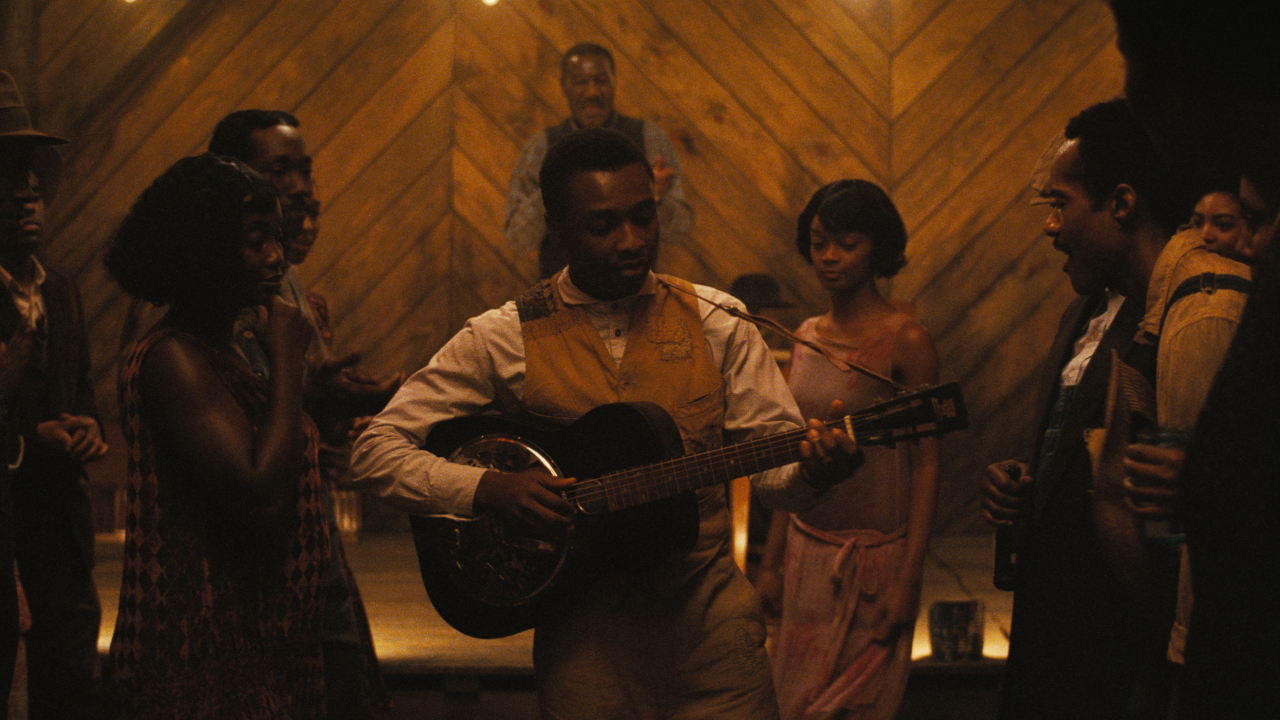
The emotional heart of Sinners is Preacher Boy Sammy’s blues. The flick truly has one of the best film soundtracks I’ve heard in some time.
Played with quiet power by Miles Caton, Preacher Boy is a breakout character who lingers in your mind long after the credits roll. He’s a young man caught between two worlds: the gospel tradition of his father and the raw, rebellious soul of the blues. His songs aren’t just music, they’re resistance against the vampires, submission and the future that’s already been chosen for him.
Unlike Smoke and Stack, who have already decided who they are and what they’re willing to become, Sammy is still searching. He hasn’t given in to the cycle. He’s fighting to forge his own path, one that leaves something behind that isn’t rooted in trauma or violence. In a story where almost every other character is either haunted, hunted or numb, that makes him revolutionary.
In Sinners, music isn’t just a plot device — it’s a counterforce to vampirism itself. Vampires survive by feeding and draining the life from others to sustain their own. Music, on the other hand, gives. It connects and doesn’t consume, but rather creates. It becomes legacy in the truest sense: something born from struggle that reaches beyond death.
This contrast comes full circle in the film’s poignant mid-credits scene. We catch up with Sammy in the 1990s, now a legendary blues musician nearing the end of his life. He’s old and frail, but fulfilled. He has lived and left something behind. His voice will echo long after he’s gone.
We also see Stack and Mary, still alive, still beautiful and still feeding. Their eternal life, once tempting, now looks hollow. They’ve survived, but they haven’t grown, created or healed. They’re frozen in time, while Sammy has aged, evolved and left his mark.
That’s the more profound message Coogler is driving home. Real immortality isn’t about never dying. It’s about living in a way that matters and creating something that lasts beyond you. Preacher Boy’s blues do precisely that.
In a world where legacy is so often tied to blood, pain, and repetition, Sinners offers something radical: the idea that you can write your own ending. That music, which is honest, human, and handmade, might be the only way to break the cycle.
In Sinners, that’s the real miracle: not eternal life, but a meaningful one.
Final Thoughts On Vampires As The Ideal Metaphor
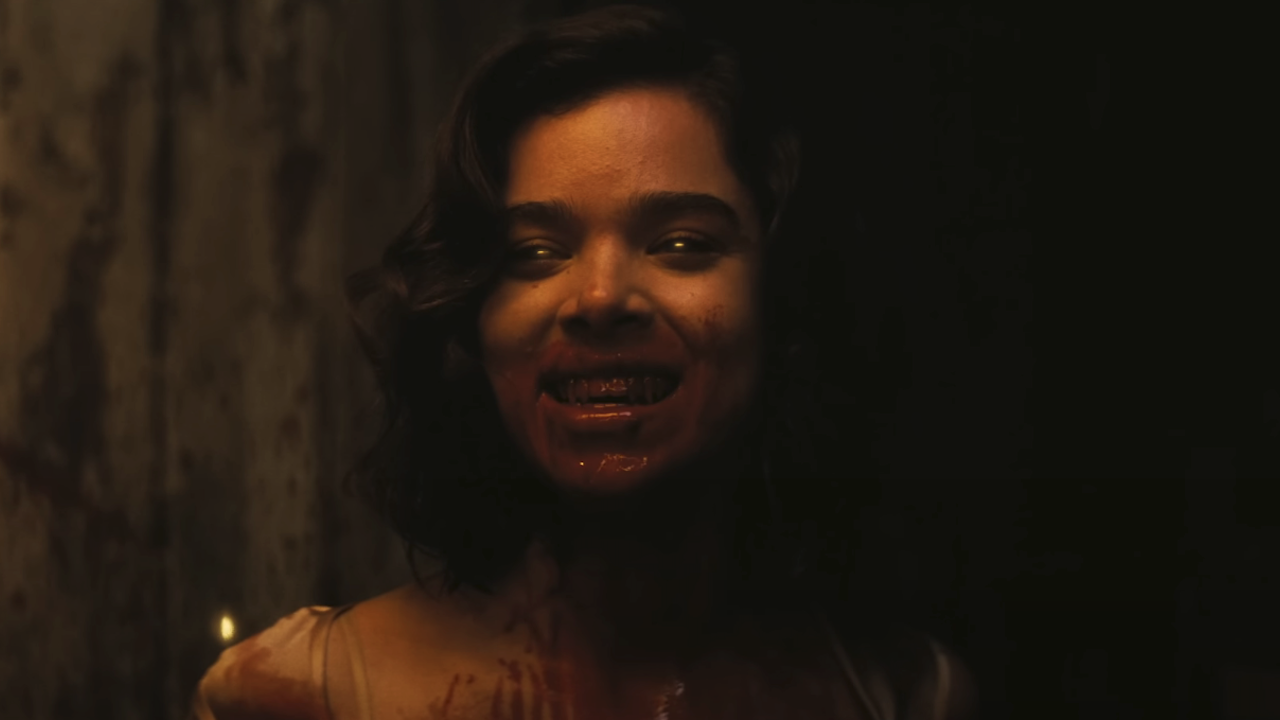
Sinners is a bold movie from Ryan Coogler, a filmmaker who could’ve coasted on franchise clout after Creed and Black Panther. Instead, he chose to tell a horror story rooted in the Deep South, layered with blues music, family trauma and the weight of generations. It’s not a safe play; it's a personal, spiritual, and genre-bending swing that ays off. Because when used right, vampires aren’t just monsters, but mirrors. They reflect the parts of ourselves we’re afraid to face: inherited pain, repressed guilt and the fear that we’re doomed to repeat what came before us.
So why vampires? Because no other monster so perfectly captures the terror of being stuck, unchanged, unhealed and undead in every way that matters.

Ryan graduated from Missouri State University with a BA in English/Creative Writing. An expert in all things horror, Ryan enjoys covering a wide variety of topics. He's also a lifelong comic book fan and an avid watcher of Game of Thrones and House of the Dragon.
You must confirm your public display name before commenting
Please logout and then login again, you will then be prompted to enter your display name.
